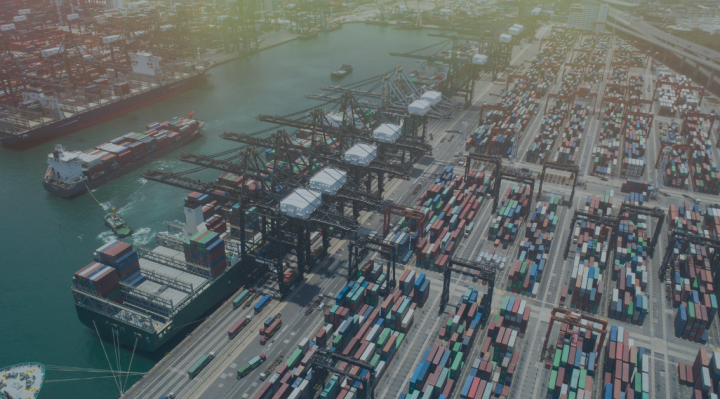The crisis in Ukraine and its invasion by Russia may have a real impact on the following key areas and, consequently have a visible impact on the stability of the supply chain.
Semiconductors
Based on the information from the Taiwanese government announced on the 26th of February – Taiwan, the home of TSMC, anticipates minor impact from the war in Ukraine on the supply of key raw materials for semiconductors.
The key raw materials for making chips are gases neon & C4F6, together with the metal palladium. Ukraine is the biggest world producer of neon, while Russia also produces neon, and palladium and C4F6.
Taiwanese chip makers claim they use little palladium, and neither Ukraine nor Russia is a main source for the country. Officials state there should be no visible impact. As for neon, there is already inventory on the island and supply chains are diversified, so "the near term impact is not significant” – the authorities claim.
Chip makers presently hold approximately up to four weeks’ extra inventory and any prolonged supply disturbance affected by military action could be visible. Apparently, about 90% of neon used for chip manufacturing originates from Russia, while more less half of it is purified by a standalone enterprise in Odessa. Alternative sources will need long term investments prior to being able to supply to the global market.
Taiwan joined 'democratic countries' in sanctions on Russia, thus if the conflict continues for a longer time – the impact could be visible.
Freight
The war could create further difficulties with the already fragile logistics. The transport modes likely to be affected are rail freight, however this may also impact air and ocean freight, as explained further.
While rail carries only a small proportion of the total freight between Asia and Europe, it has been growing ongoingly since 2011, and has played a vital role during recent transport disruptions.
Trains are now being rerouted away from Ukraine, and rail freight experts are currently optimistic that disruptions will be kept to a minimum, however with cutting Russia out from the SWIFT system – this may strongly impact the actual ability to conduct transport via Russia at all, due to money transfer issues.
Therefore, there is a possibility that the rail transportation channel may be cut down significantly, and that these shipments would need to be shifted towards ocean freight or even the much more highly-priced air transportation, if containers will not be available on hand.
If such scenario takes place, it is predicted that rates for sea and ocean freight will rise steeply. While these are already extremely high, rising oil prices as a consequence of the conflict may also impact freight rates and could rise even further.
Energy – Oil & Gas
While rising oil prices drive up the price of freight, increasing natural gas prices likewise affect supply chains. Gas has become an increasingly crucial in generating electricity and European countries are dependent on Russian gas being delivered through several vital pipelines (Russia is the largest provider of natural gas to Europe, providing about 35% of its supply).
Russian gas reliance has been indicated as the main reason several European countries have been reluctant to eliminate Russia from the SWIFT payment system at the early stage.
While a full pause of Russian gas flow is unlikely at the moment, even small disruptions will have a significant impact, especially that around 10% of the total supply of liquid natural gas (LNG) flows through Ukraine and these pipelines could be damaged within the ongoing conflict. Worst case scenario is that Russia, which has by this time already reduced its gas exports to Europe, it could decide to restrict exports further as a consequence to Western sanctions.
Global gas reserves are at a low level due to the pandemic, while energy prices are already rising sharply, affecting consumers and the industry. The natural gas (LNG) from the US and Qatar will help the EU to withstand disruptions of gas flows through Ukraine.
If the supply is totally cut off, the impact will be dreadful for Europe. On the other hand, the financial impacts of such decision, especially with the already applied sanctions, would also be shattering for Russia.







